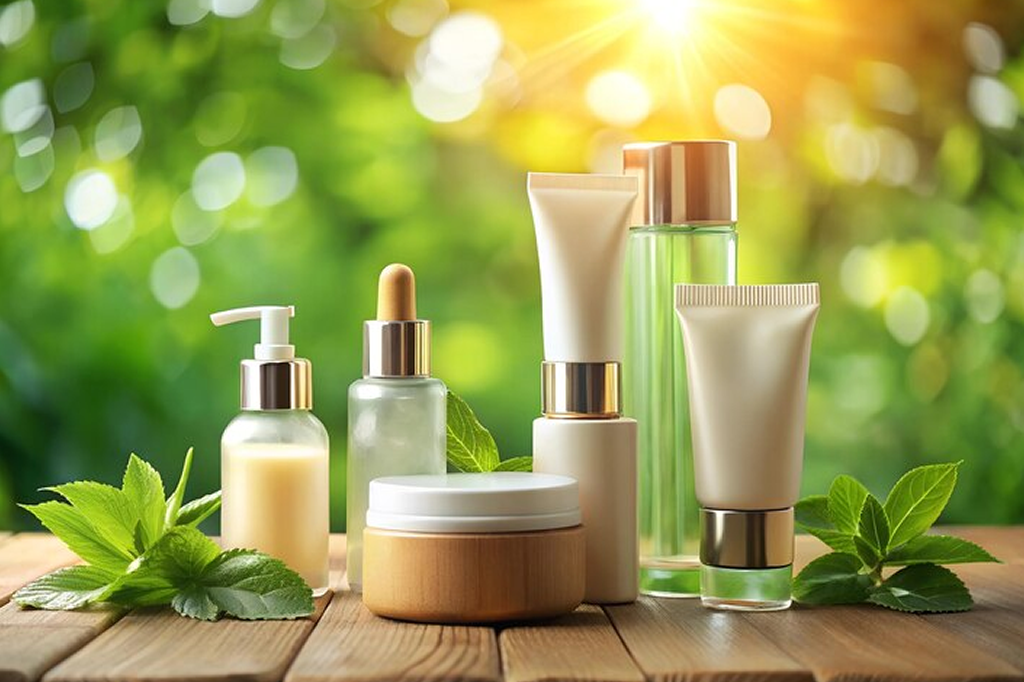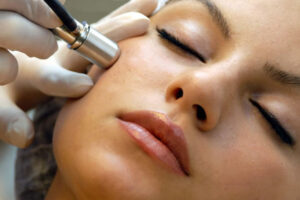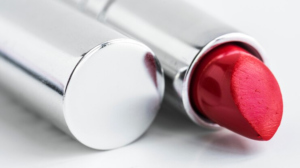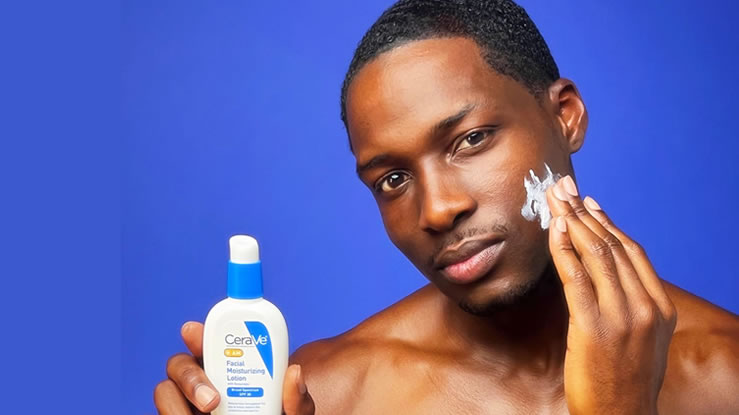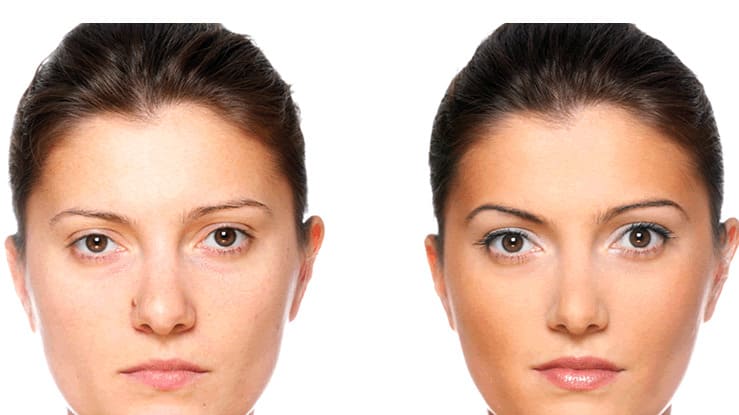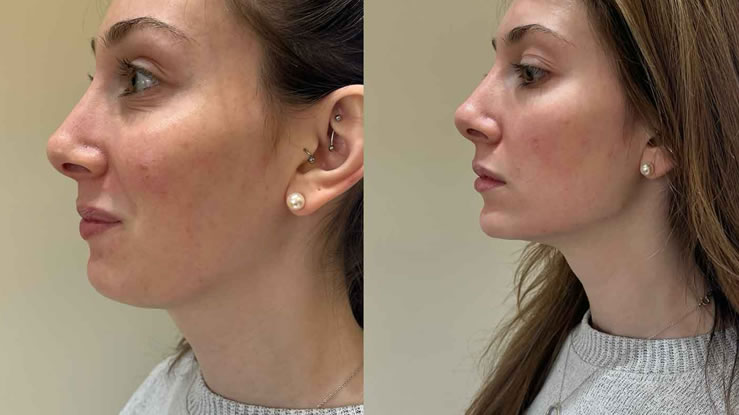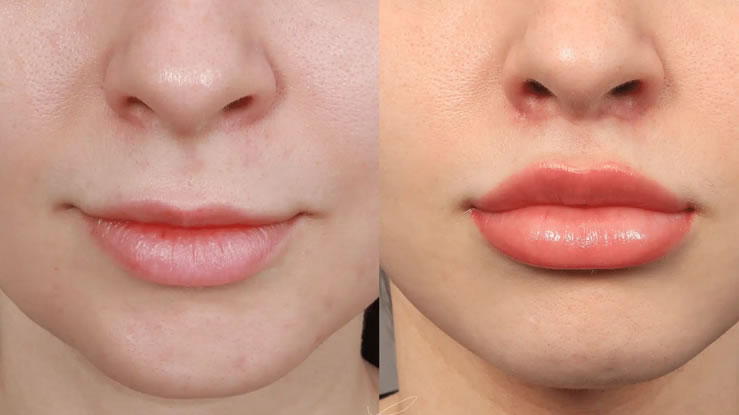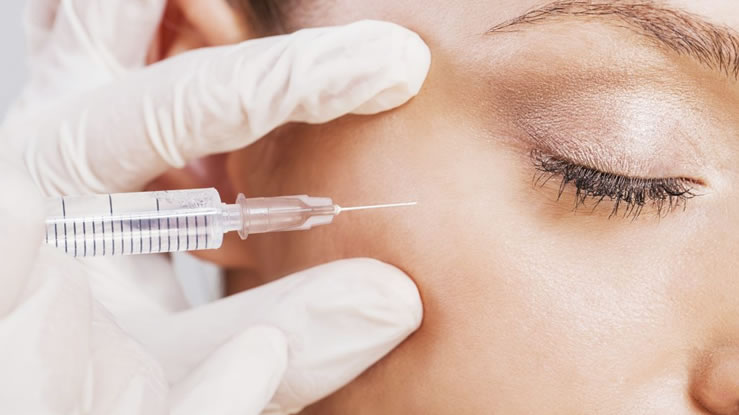In the ever-growing beauty industry, there’s no shortage of products promising younger skin, brighter eyes, or flawless complexions. But do these cosmetic products live up to their claims? The answer isn’t straightforward, as effectiveness varies depending on the product type, formulation, and individual skin type. Let’s explore the science behind popular categories of cosmetic products and what you can realistically expect from them.
1. Skin care products: The foundation of cosmetic efficacy
Skincare products, including moisturizers, serums, and sunscreens, are often highly effective if used consistently and tailored to an individual’s skin type. Moisturizers work by hydrating and creating a barrier on the skin, helping it stay supple and reducing the appearance of fine lines. Products with active ingredients like hyaluronic acid or ceramides are especially effective, as they draw water into the skin, providing a plumping effect.
Serums, which often contain higher concentrations of active ingredients like retinoids, vitamin C, or peptides, have shown efficacy in numerous studies. For example, retinoids are well-documented in dermatology for stimulating collagen production, which can reduce wrinkles and improve skin texture. However, the degree of visible improvement depends on the concentration, formulation, and regular use.
Sunscreen remains one of the most universally effective products in any skincare routine, protecting against harmful UV rays that contribute to premature aging, sunspots, and even skin cancer. Studies consistently show that broad-spectrum sunscreen with an SPF of 30 or higher can significantly reduce the signs of aging and protect skin health.
2. Anti-Aging Products: Reality vs. Expectation
Anti-aging products, particularly those marketed with promises to “erase” wrinkles or “lift” sagging skin, are among the most heavily scrutinized. Products containing retinol, peptides, and antioxidants like vitamin C can help improve skin appearance and reduce fine lines when used consistently. However, these changes are often subtle and take time, sometimes months, to become noticeable.
The effectiveness of these products is influenced by factors such as product formulation, ingredient stability, and individual skin type. Retinol, for instance, is effective in anti-aging, but its potency depends on how it’s formulated and protected from light exposure. Peptides, which help stimulate collagen production, also show some promise, though they may not achieve results as dramatic as in-office dermatological treatments.
3. Makeup Products: Immediate Results with Limitations
Makeup products, including foundations, concealers, and highlighters, offer immediate cosmetic enhancements without the need for long-term use. High-quality foundations, for example, provide better coverage, blend seamlessly, and offer a natural finish that enhances appearance. Many modern makeup products are now formulated with skincare benefits, such as added SPF, antioxidants, or moisturizers.
However, makeup is a temporary fix rather than a permanent solution. It’s effective in hiding imperfections, evening out skin tone, and enhancing features but doesn’t change the skin’s underlying condition.
4. Hair Care Products: Achieving Healthier Hair with Consistency
Hair care products like shampoos, conditioners, and styling products can improve the look and feel of hair. Conditioners with ingredients like keratin, oils, and silicones help smooth the hair shaft, reducing frizz and enhancing shine. Shampoos designed for specific scalp concerns (e.g., dandruff, oiliness) can address these issues with consistent use.
While these products can make hair look healthier, they don’t fundamentally alter hair structure. Hair repair products can provide temporary fixes to split ends or damage but can’t permanently repair hair. Deep conditioners, masks, and serums do offer enhanced moisture and protection, making hair more manageable and resilient.
5. Body Care Products: Moisturizers, Exfoliants, and Firming Creams
Body care products, especially moisturizers and exfoliants, do help in achieving softer, more hydrated skin. Exfoliants like scrubs and body peels remove dead skin cells, which can improve texture and radiance. Firming creams, however, often come with lofty claims, and the results might be temporary and minimal. Ingredients like caffeine are sometimes used for firming effects, as it can temporarily tighten skin by constricting blood vessels, but this effect is short-lived.
Cosmetic products can indeed provide noticeable benefits, but expectations should be realistic. Products backed by science and formulated with effective active ingredients tend to offer the best results. Long-term use, consistency, and a routine suited to your skin type are key to seeing improvements. While skincare and body care products can enhance the skin’s look and feel, they are not as powerful as clinical treatments for issues like wrinkles or significant hyperpigmentation.

